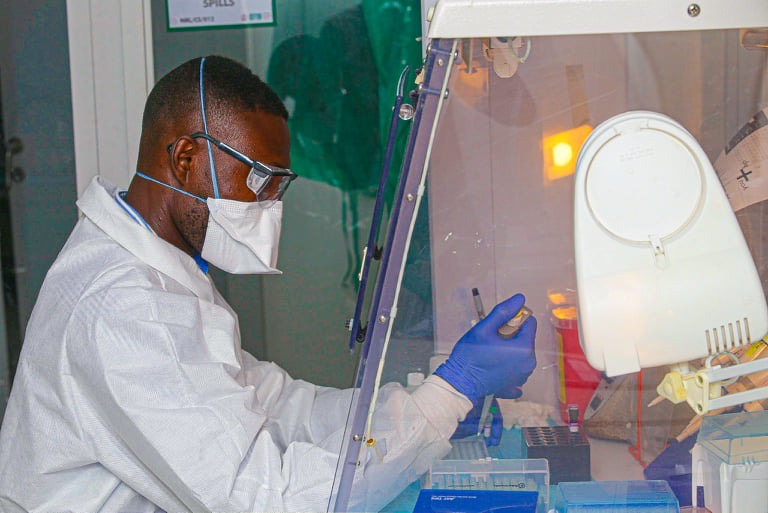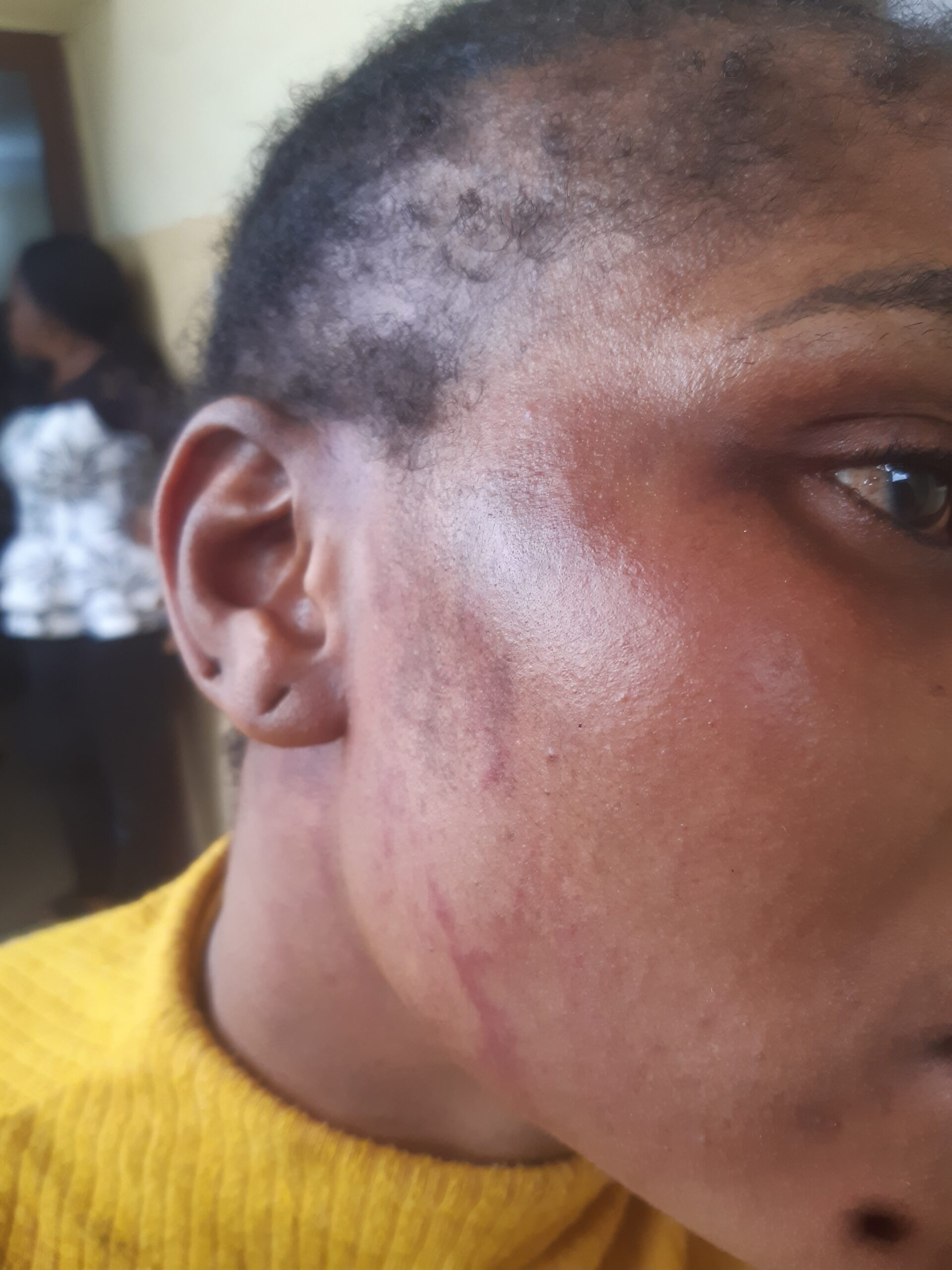Nigeria has confirmed its first case of SARS-CoV-2 Delta variant which is also known as lineage B.1.617.2.
Gatekeepers News reports that the variant was detected in a traveller to Nigeria, following the routine travel test required of all international travellers and genomic sequencing at the NCDC National Reference Laboratory, Abuja, the nation’s capital.
The Nigeria Centre for Disease Control (NCDC) disclosed this in a press release signed by its Head of Communications, Dr Yahya Disu on Thursday.
The Delta variant is recognised by the World Health Organization (WHO) as a variant of
concern, given its increased transmissibility.
The variant has been detected in over 90 countries and is expected to spread to more countries.
NCDC explained that the variant has also been linked to a surge in cases in countries where it is the dominant strain in circulation, adding that there are ongoing studies to understand the impact of the variant on existing vaccines and therapeutics.
Gatekeepers News observed that the nation’s COVID-19 cases have been increasing gradually recently.
Given the high transmissibility of the Delta variant and following its detection in Nigeria,
NCDC has urged all Nigerians to ensure strict adherence to public health and social measures in place.
NCDC noted that all data on variants from Nigeria have been published on GISAID, a global mechanism for sharing sequencing data.
“Given the global risk of spread of the Delta variant, positive samples from international travellers to Nigeria are sequenced regularly.
“The Government of Nigeria through the Presidential Steering Committee (PSC) has
initiated several measures to reduce the risk of spread of COVID-19. This includes the introduction of travel restrictions from countries where there is a surge in cases
associated with widespread prevalence of variants of concern.
“The national travel protocol which includes compulsory seven-day self-isolation and repeat test on the seventh day after arrival, are in place to reduce the risk of spread of the virus. It is very important that this is strictly adhered to, to prevent a surge in COVID-19 cases in Nigeria.”







